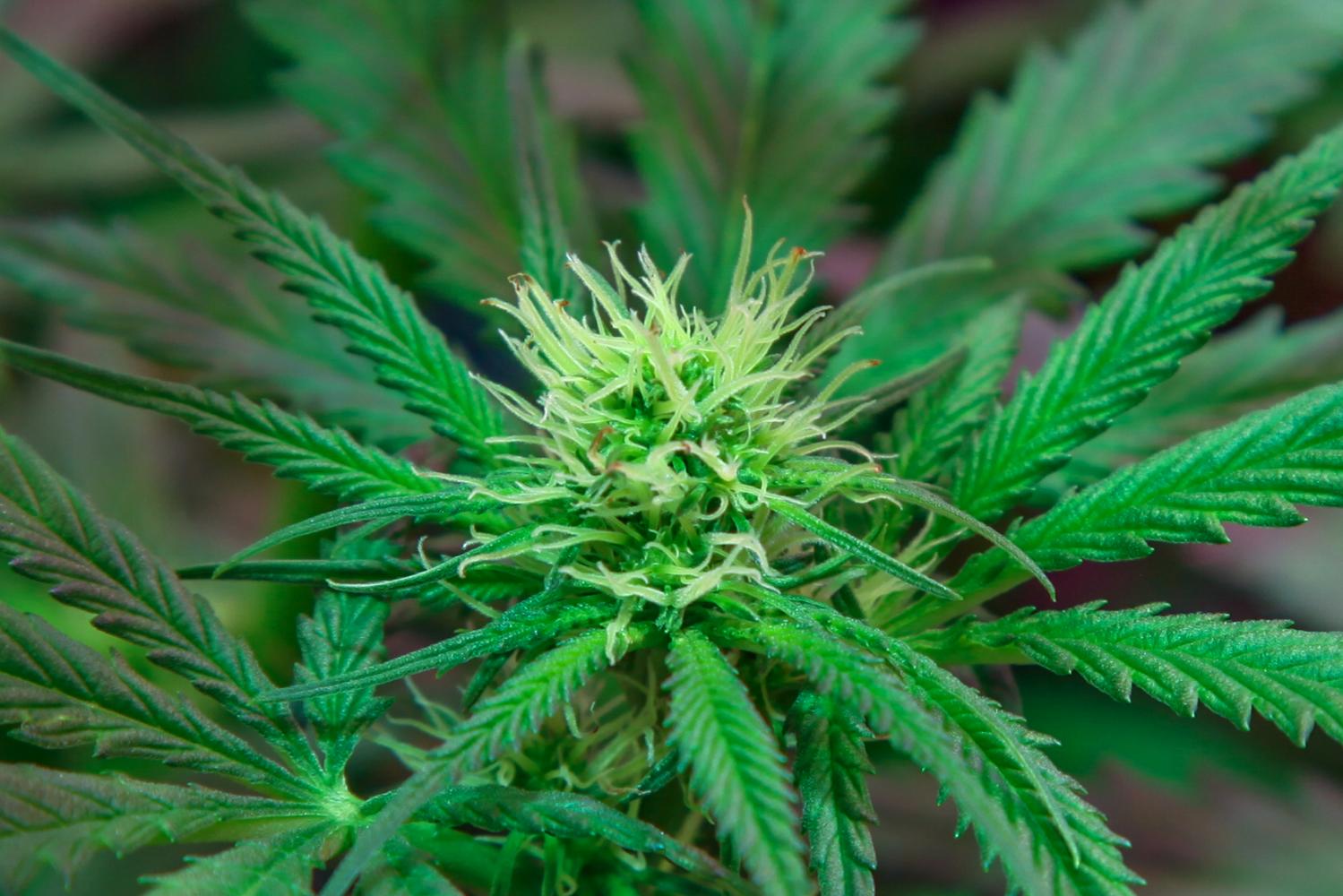The Bank for Agriculture and Agricultural Cooperatives (BAAC) has started offering loans this month to plant cannabis for community enterprises and agricultural cooperatives after parts of the plant were taken off the narcotics list.
The bank's senior executive vice-president Somkiat Kimawaha said the move supports farmers who want to plant cannabis as an alternative to rice, cassava or rubber trees.
However, Mr Somkiat said successful plantation of cannabis for medical or industrial use requires large investment, extensive care and vast knowledge, even more so than growing durian.
Mr Somkiat warned that the cannabis is not for any farmer.
"You need to be highly motivated to plant cannabis because it demands close and attentive care," he said.
The bank's loan for cannabis farming charges an interest rate of 0.01% per year for the first three years.
BAAC expects to grant the loans on a prudential basis, said Mr Somkiat.
After parts of the cannabis plant were taken off the country's narcotics list, the commercial prospects of cannabis-related products became promising.
Many business operators have launched plans to cash in on the government's move to partially legalise the once-taboo plant.
Cannabis is still listed as a category 5 narcotic under the Narcotic Drugs Act, but the Public Health Ministry recently issued a regulation to remove the plant's leaves, stalks, stems and roots from the list.
The permitted parts and content must come from authorised producers such as government organisations with medical and research goals, modern and traditional medical practitioners, universities, community-based enterprises and community cooperatives.
Eligible borrowers for the cannabis loan must be community enterprises, social enterprises or agricultural cooperatives, not individual borrowers.
They must have a memorandum of understanding from a school, state agency or processing plants that agreed to purchase their cannabis.
This rule prevents a market glut and prohibits farmers from selling the cannabis to outsiders who might illegally use the plants.
In addition, eligible borrowers have to secure a permit from the Food and Drug Administration to plant cannabis.
All sales transactions for the cannabis must be conducted via an electronic channel so they can be easily checked.
Farmers are required to plant the cannabis in a closed greenery, using a closed-circuit TV system and employing security personnel to allow authorities to trace all activities inside the greenhouses.
Borrowers must be trained by related state agencies or universities on cannabis plantation. They are required to submit business plans and risk control plans.
Borrowers must download BAAC's QR code app and record their production activities on it, enabling the bank to follow their progress and analyse further loans to their clients.
Mr Somkiat said BAAC has granted cannabis loans totalling 5.1 million baht to three community enterprises, one each in Prachin Buri, Nakhon Ratchasima and Khon Kaen.
BAAC estimates 157 community enterprises out of a total of 10,000 nationwide have the potential to do cannabis farming. However, each enterprise has to decide for itself whether it wants to make the investment decision, he said.
Mr Somkiat said cannabis plantation is expected to add 25-35% more revenue to farmers' existing tally from traditional crops.
Source: Bangkok Post
Original published: September 25, 2021
September 27, 2021













